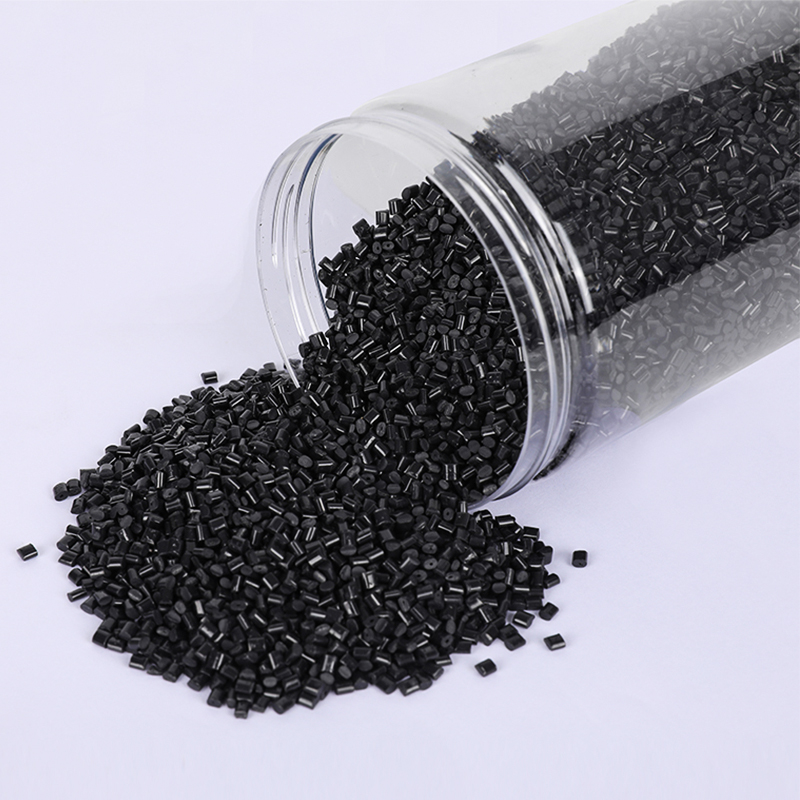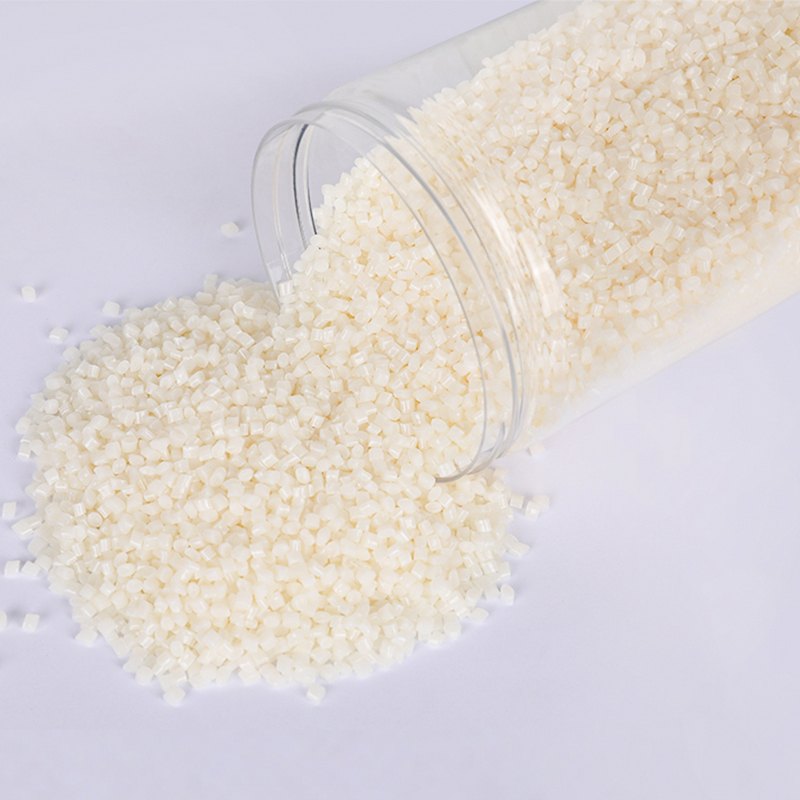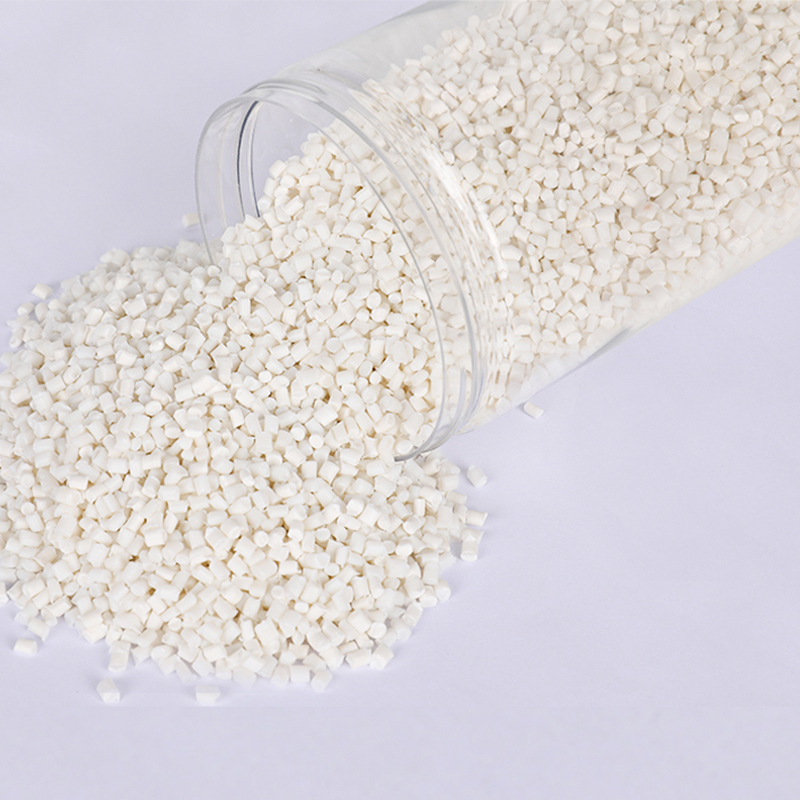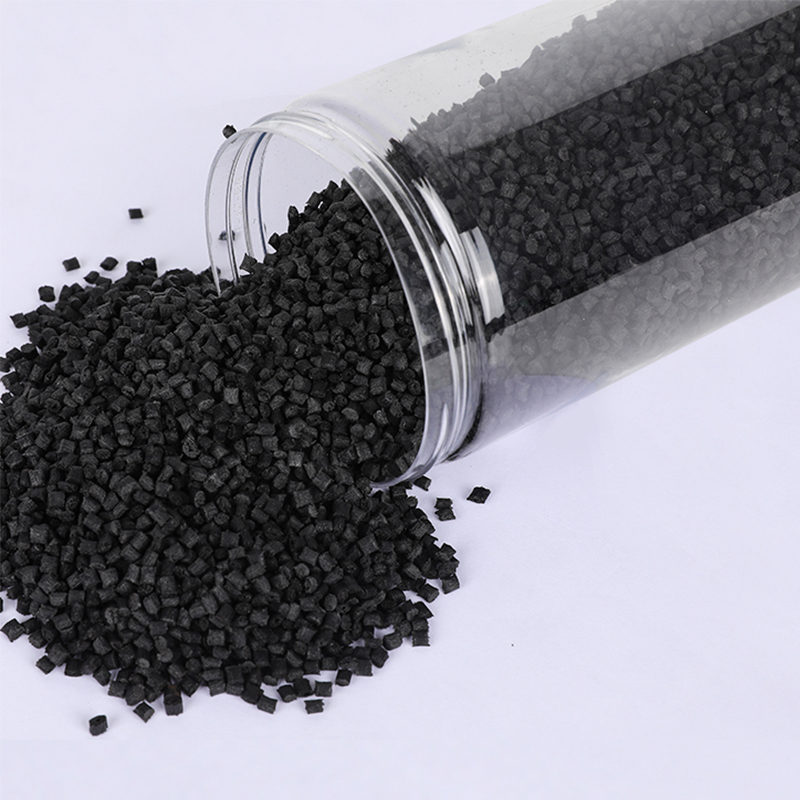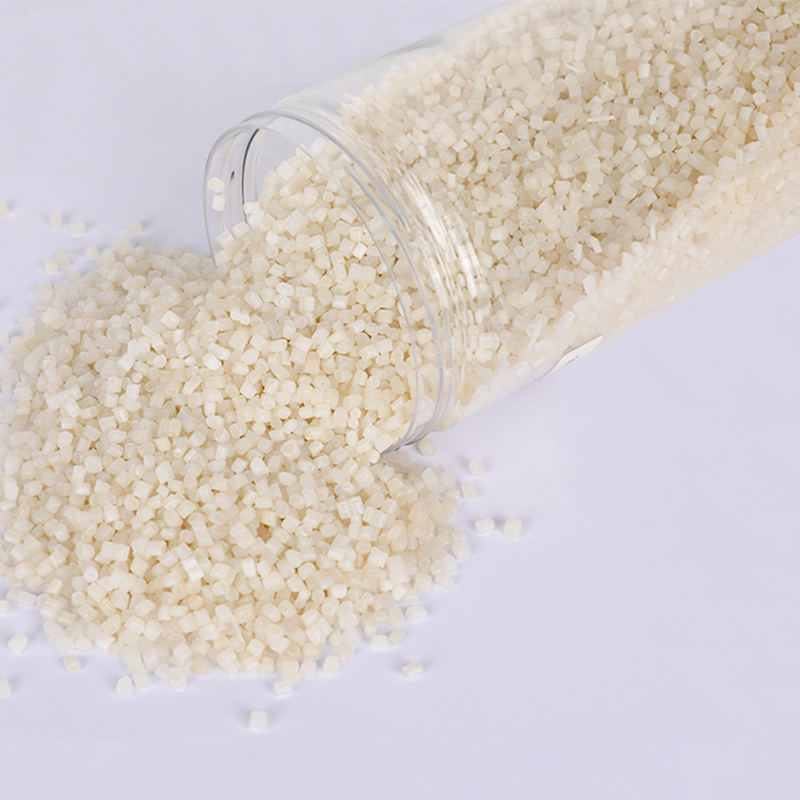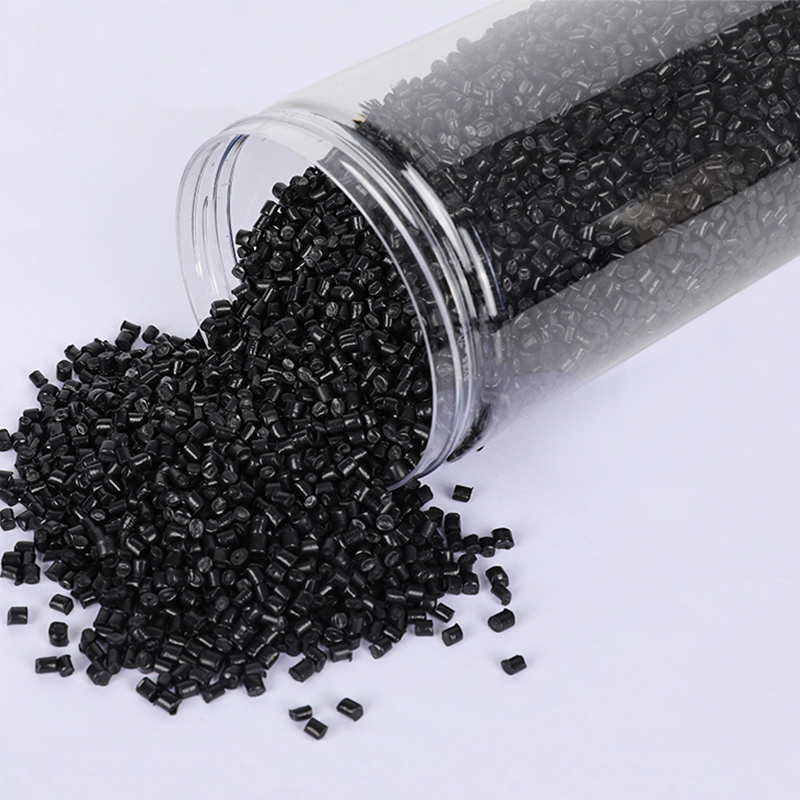Stay up to date with our recent products
Web Menu
Product Search
Exit Menu
How Recycled Polyethylene Enhances the User Experience in Packaging
As the world becomes increasingly focused on sustainability, the use of Recycled Polyethylene (RPE) is gaining traction across various industries, particularly in the production of plastic bags, films, and containers. While the environmental benefits of RPE are well-documented, an equally important consideration is how its use impacts the end-user experience in everyday products. From the feel of a plastic bag to the strength of a food container, the material choice plays a crucial role in how consumers interact with the products they buy. So, how does RPE influence this experience?
At first glance, one might assume that using recycled plastic could result in lower-quality products that feel flimsy or cheap. However, the reality is far more complex. Recycled polyethylene can be just as durable, flexible, and functional as virgin polyethylene, provided it is processed correctly. Advances in recycling technology have allowed manufacturers to create RPE that closely mimics the performance characteristics of new plastic. The result is a material that retains the key qualities consumers expect—strength, stretch, and versatility—without the environmental cost associated with using virgin plastics.
One of the most noticeable effects of RPE on the end-user experience is in products like plastic bags and films. Traditional polyethylene bags are valued for their lightness, strength, and flexibility. When RPE is used to produce these bags, these qualities are maintained, meaning that consumers can still rely on recycled plastic bags for carrying groceries or wrapping items without any noticeable difference in functionality. In fact, many consumers are unaware that the plastic bags they are using are made from recycled materials, as the look, feel, and performance remain consistent with their virgin counterparts. This ability to maintain high performance while being eco-friendly is a key advantage of using RPE in everyday items.
Similarly, when RPE is used in food containers or packaging films, its impact on the user experience is largely positive. Recycled polyethylene retains its clarity and strength, meaning that containers for food storage or packaging can still offer the same protective qualities as new plastic. For instance, RPE-based containers can help preserve food freshness and offer the same airtight seal that consumers have come to expect. The durability of RPE ensures that containers remain sturdy and resistant to breaking or cracking during handling, enhancing the overall user satisfaction with the product.
Beyond performance, RPE offers significant benefits in terms of sustainability, which increasingly resonates with today’s eco-conscious consumers. Many people now prefer products that are made from recycled materials because they align with their values of reducing waste and supporting the circular economy. The use of RPE in packaging and consumer goods sends a clear message that manufacturers are taking steps toward reducing plastic pollution and conserving natural resources. For consumers, this means that the everyday products they use can be part of a broader effort to mitigate environmental impact. It’s a shift in mindset where functionality and sustainability go hand in hand.
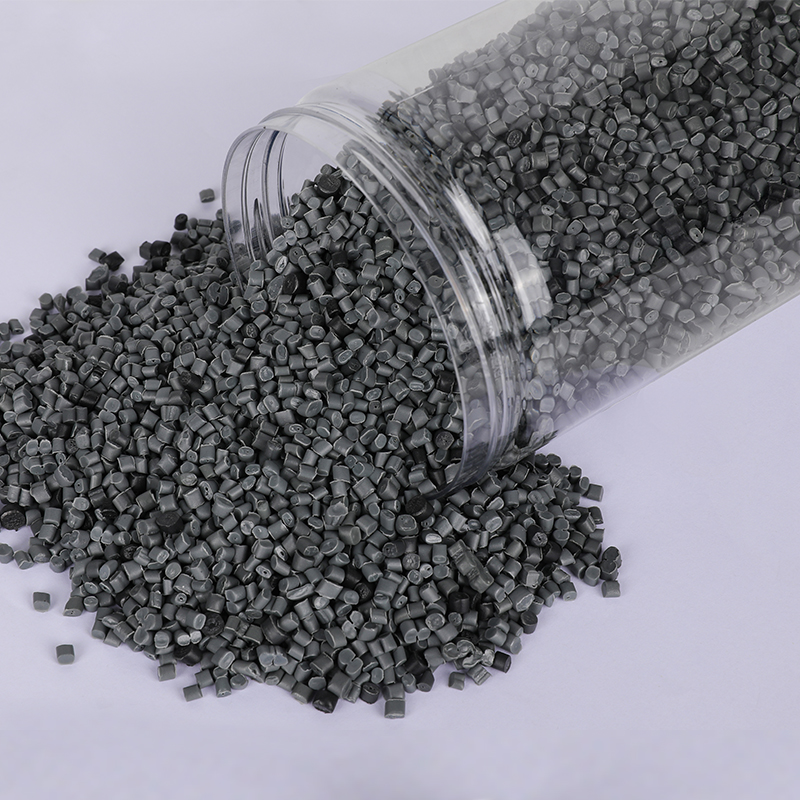
While the benefits of using Recycled Polyethylene are clear, there are still challenges that can impact the user experience. For example, in some cases, recycled polyethylene may have a slightly different texture or appearance compared to virgin polyethylene. This is particularly true if the material has been recycled multiple times or if it’s sourced from a mix of post-consumer waste. However, the advancements in recycling processes have significantly reduced such inconsistencies, and manufacturers are constantly improving the methods used to produce RPE. When sourced from high-quality post-consumer waste and processed with care, the end product is virtually indistinguishable from virgin plastic.
Another consideration is the potential for slight variations in the material’s strength or flexibility, particularly if the recycled material is mixed with different types of plastic or contaminants. This could result in minor differences in how products like bags or films perform, though these variations are usually addressed through improved sorting and cleaning processes during recycling. As the recycling industry continues to innovate, these concerns are likely to diminish, making RPE an even more reliable material for manufacturers.
As China PCR Recycled Plastic Granules Factory, We always adhere to the experience and philosophy of "keeping up with the times, constantly innovating, developing efficiently, and cooperating for mutual benefit"

Address: No.11, Wangzhuang Section, Provincial Road 01, Daqiao New Area, Economic Development Zone, Haiyan County, Jiaxing City, Zhejiang Province, China
Phone: +86-18058285678
Fax: +86-0573-86868101
E-mail: [email protected]
SUNRISE GROUP(Overseas Exclusive Agent)
www.sunrisechemical.com
2024 ICIS Global Chemical Distributor Top 8
Export Sales Manager:Helen Zhang
Mob/Whatsapp: +86 19883063465
Email: [email protected]
Copyright © Jiaxing Anyiju Plastic Industry Co., Ltd. All Rights Reserved

 简体中文
简体中文 English
English

